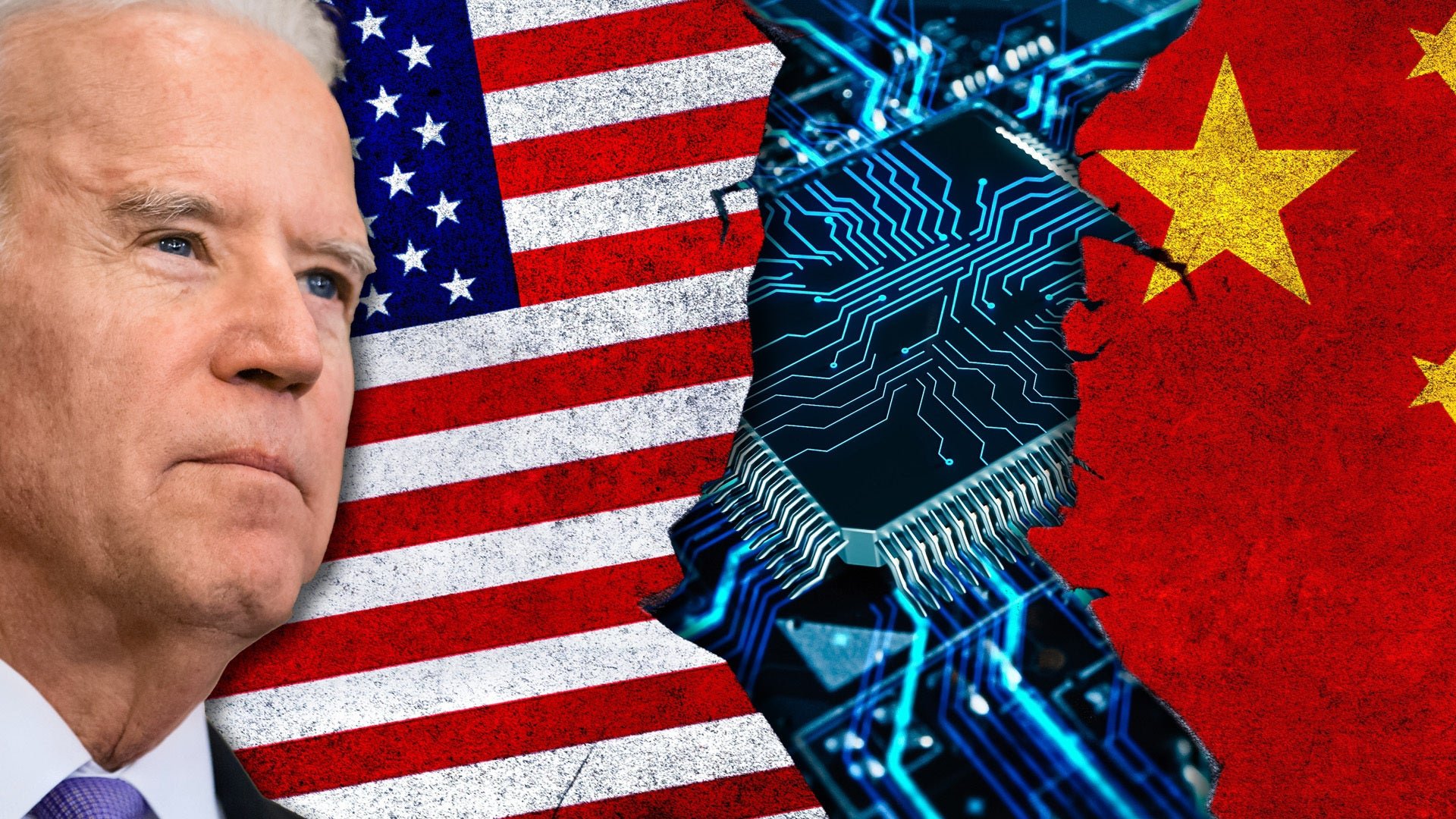South Korea sends chipmaking equipment to China — and the U.S. wants it to stop
The Biden administration has tightened export controls on shipments of advanced AI chips and chipmaking tools from U.S. firms

The U.S. is stepping up its efforts to curb Chinese advanced chipmaking, and is reportedly asking one of China’s key trading partners to adopt similar export controls on semiconductor tools.
Suggested Reading
Bloomberg, citing unnamed sources familiar with the matter, reports that American officials are asking South Korea to restrict exports to China of equipment and technology used to make memory chips and advanced logic chips, such as central processing units (CPUs) and graphics processing units (GPUs), to China. The restrictions would reportedly apply to logic chips more advanced than 14-nanometer, and DRAM memory chips beyond 18 nanometer.
Related Content
Discussions between U.S. officials and South Korean President Yoon Suk Yeol took place in March, Bloomberg reports, and the U.S. is trying to reach an agreement with the South Korean government before the G7 summit in June. But South Korean officials are reportedly weighing the U.S. request because of possible repercussions on major South Korean firms, including Samsung and SK Hynix, operating in China — its largest trading partner. Bloomberg reports the U.S. and South Korea will also meet with Japan in June to discuss working together on advanced chipmaking.
The U.S. Department of Commerce did not immediately respond to a request for comment Tuesday, South Korea’s Ministry of Trade couldn’t immediately be reached.
The Biden administration has tightened export controls on shipments of advanced AI chips and chipmaking tools from U.S. firms — including chipmaking leader Nvidia — to China since 2022, in an effort to slow the country’s progress in AI and military development. The controls follow a 2019 ban by then-President Donald Trump on shipments from U.S. companies to Chinese consumer electronics maker Huawei without an export license.
South Korean memory chips make up the largest market share in China, and the country is behind only Japan for supplying silicon wafers to China, according to a February report from the Korea Institute for International Economic Policy cited by Bloomberg. In March, Bloomberg reported South Korea is looking into a multinational framework to review export controls products including chipmaking-related technology. Meanwhile, the U.S. is reportedly set to reveal the names of Chinese companies on its blacklist for receiving U.S.-made chipmaking equipment.
The U.S. pressure on South Korea and other allies, including Japan and the Netherlands, to curb exports of advanced chipmaking technology to China comes amid efforts to revive chipmaking efforts in the country. American semiconductor pioneer Intel recently received $8.5 billion in CHIPS and Science Act funding — part of an effort by the U.S. government to invest in homegrown chipmakers.